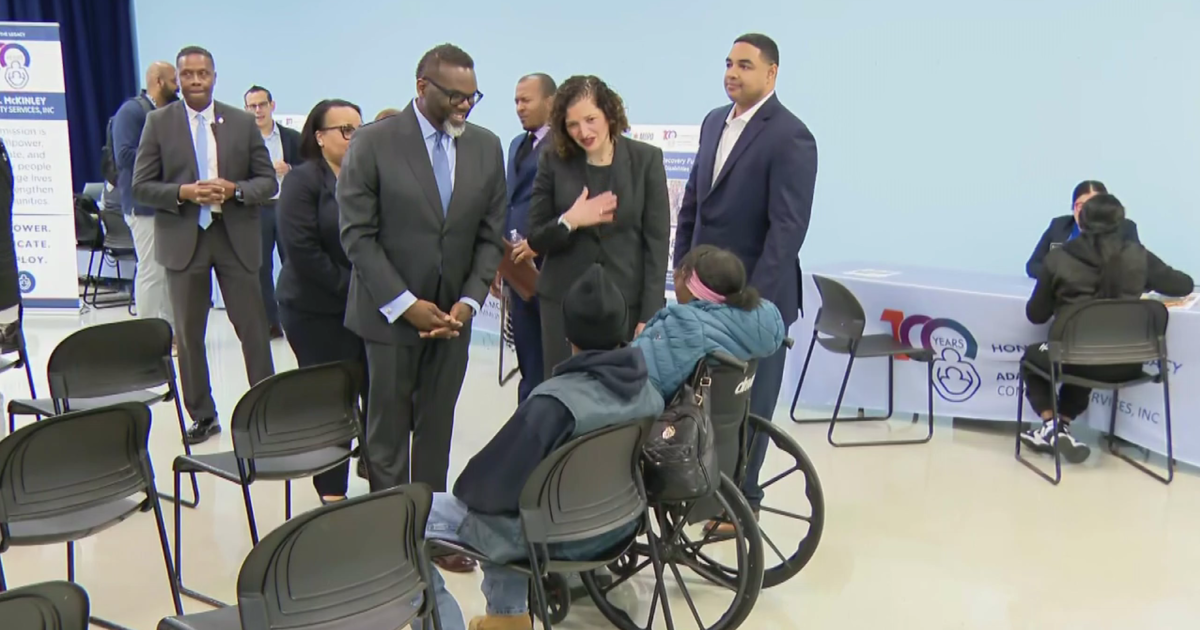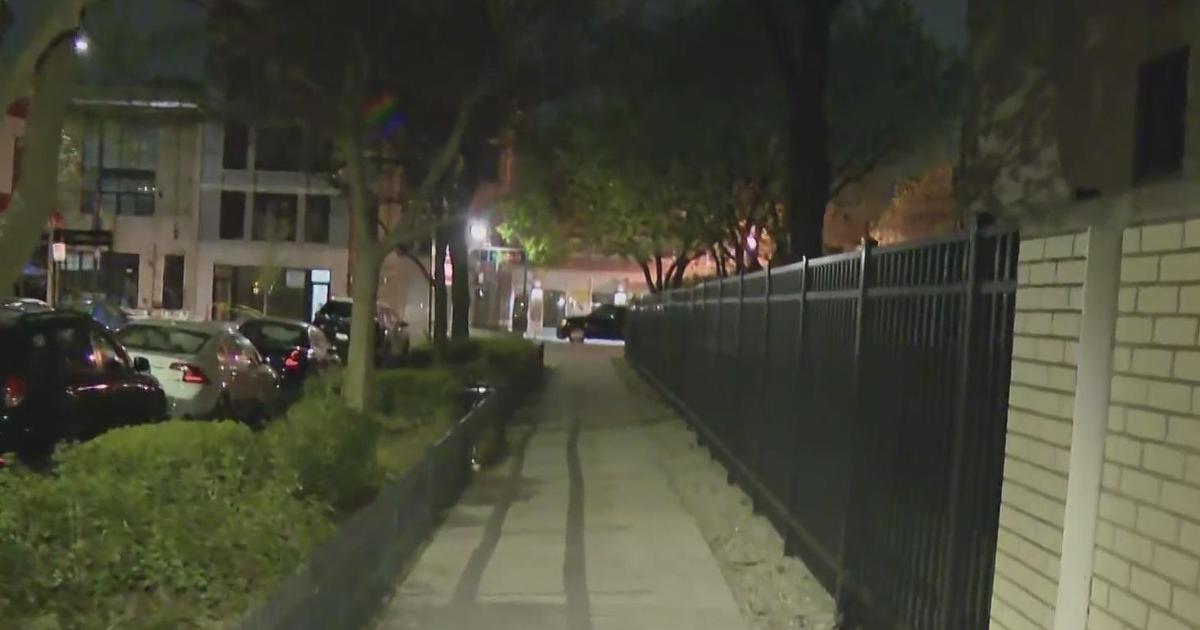'I Would Never Wish This On Anyone'; In Severe Cases, COVID-19 Can Leave Patients With Breathing Problems For Months
CHICAGO (CBS)-- Some people who get COVID-19 don't experience any symptoms, many get over it in a couple weeks, but severe coronavirus cases can cause shortness of breath for months. That's what a New Lenox woman is facing after her fight with the disease.
Christina Hill shared her story with CBS 2 Morning Insider Tim McNicholas in hopes of warning others about just how bad it can get.
"I would never wish this on anyone," Hill said.
She needs oxygen therapy to help her breathe these next few weeks, and she's grateful for each breath.
"I'm just happy that I'm here. So, hopefully, with the oxygen, I'll get stronger and I'll go back to normal," she said.
Hill felt far from normal when she showed up at Silver Cross Hospital in New Lenox early this month. She had chills, body aches, a nasty cough, and a fever that had already lasted days. The staff did some tests and a nurse checked her temperature.
"It was 102.1. She immediately said, 'There's no way you are being discharged,'" Hill said.
She spent the next five days at the hospital, where her fever peaked at 104.
"The nurse was just giving me ice packs to put on my body to keep the fever down. She was also giving me heated blankets, because I was shaking uncontrollably. I couldn't control it. I literally felt like i was gonna die," she said.
Her fever broke, and the body aches are gone, but her doctors told her she could experience shortness of breath for months. COVID-19 sometimes damages the lungs, so it could take months for patients to fully recover from some severe cases.
"You can even see scarring in the lungs (in some cases), and that scarring can even be permanent, and this is the most severe cases," said Dr. Jason Rho, a pulmonologist with Northwestern Medicine Lake Forest Hospital.
Rho said the scarring can happen if the COVID-19 case leads to a severe form of ARDS or Acute Respiratory Distress System.
Experts with Johns Hopkins Medicine say the pneumonia sometimes caused by COVID-19 can also cause breathing difficulties for months.
Hill is hoping her lung damage is not permanent. She expects to regain full lung capacity within months. She'll be following up with her doctor later this month.
She said, while she was sick, doctors upped her dosage of hydroxychloroquine, a medicine she'd already been taking for her inflammatory arthritis.
Researchers with the University of Washington are currently studying whether the medicine can prevent COVID-19. Hill said, in her case, it apparently did not.
"So maybe it helped me to the point where I didn't get even worse, but I don't know," she said.
Hill said she's not sure how she got COVID-19. She said she closely followed social distancing guidelines, and only went to stores for essentials a few times in late March.
"I'm scared to death to leave the house. I think that's something I'm gonna have to deal with, and try to get over, but this is not a joke," she said.
Hill said she is very grateful for the nurses and doctors in the hospital. She repeatedly praised them for their work.
Experts have said other long-term effects of the virus could be mental. For example, patients could have various forms of anxiety even after recovering physically.



